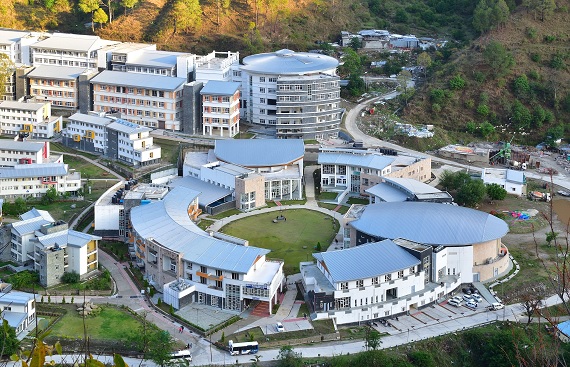IIT Mandi Hosts Indo-German Workshop on Engineering for Sustainability
By
siliconindia | Monday, 22 January 2024, 03:28 Hrs

The Indo-German Science and Technology Centre sponsored a three-day workshop on 'Engineering for Sustainable and Resilient Development,' organized by the Indian Institute of Technology Mandi in collaboration with Leibniz University Hannover. The workshop's main goal was to encourage conversations on sustainable and resilient infrastructures. Through promoting collaboration between faculty members from IIT Mandi and their German counterparts, the workshop aimed to facilitate the sharing of knowledge and resources to advance sustainable development in alignment with the goals of both nations.
Highlighting the importance of the workshop, Dr Deepak Swami, Associate Professor, School of Engineering, IIT Mandi, said, "The workshop serves as a platform to collaboratively address the pressing challenges posed by climate change. By sharing expertise and resources, we aim to drive sustainable development in line with the goals of both India and Germany". The event focused on six sub-themes, encompassing resilient housing, green chemistry, sustainable environments, digital energy transformation, energy systems, and shifting attitudes towards climate change.
The workshop saw participation from 11 German experts representing renowned universities and industries, along with 16 Indian participants from prestigious institutes and industries. The diverse expertise contributed to discussions on innovative solutions related to resilient infrastructure, energy storage and transmission, and creating a sustainable environment through bilateral projects, faculty, and student exchanges.
The expected results of the workshop involve the generation of innovative solutions for challenges related to resilient infrastructure, energy storage and transmission, and sustainable environments. These solutions will be pursued through bilateral projects, as well as faculty and student exchanges. Additionally, the workshop sought to delve into the psychological dimension of altering public attitudes towards climate change by employing visualization, feedback mechanisms, and peer influence.
